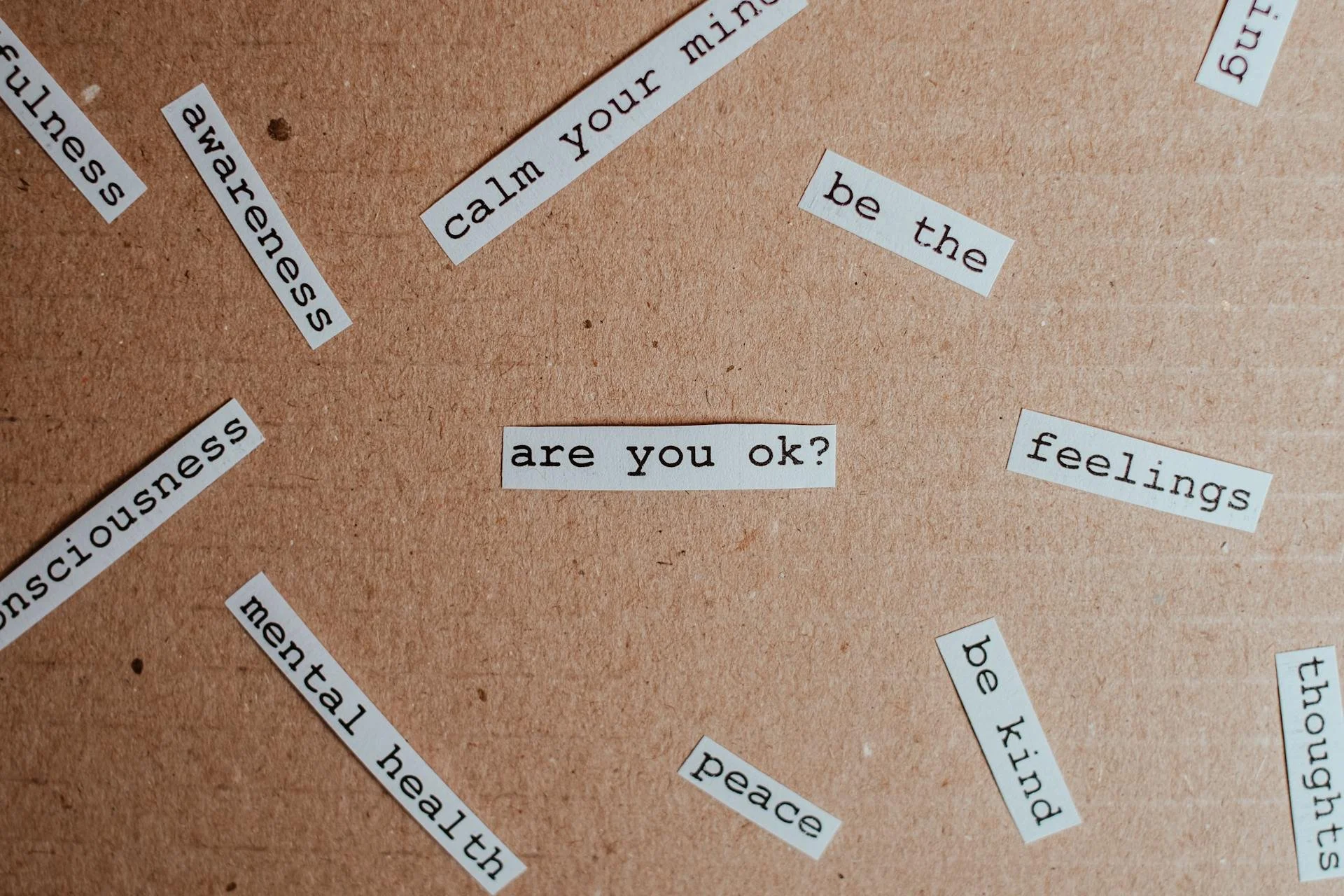How Does EMDR Therapy Help in Trauma Healing?
Trauma can deeply affect a person’s mind and body, making it hard to live a peaceful and happy life. Many people who experience trauma struggle with painful memories, anxiety, or feelings of fear. Healing from trauma takes time and often requires professional help. One therapy that has shown great success in helping people heal from trauma is called EMDR therapy. In this blog, we will explain what EMDR therapy is, how it works to heal trauma, and why it might be helpful to also consider medication management and consulting a qualified psychiatrist during your healing journey.
What is EMDR Therapy?
EMDR stands for Eye Movement Desensitization and Reprocessing. It is a type of psychotherapy specifically designed to help people process traumatic memories. Unlike some traditional talk therapies, EMDR uses a special technique involving eye movements or other types of gentle, rhythmic stimulation, like tapping or sounds.
During an EMDR session, you will be guided by a trained therapist to recall difficult or traumatic memories while following the therapist’s finger movements with your eyes. This helps your brain process those memories differently, reducing the pain and emotional charge they hold. Over time, this process can help you feel less overwhelmed by traumatic memories and more in control of your emotions.
How Does EMDR Therapy Help Heal Trauma?
Trauma can cause memories to become “stuck” in the brain. These stuck memories often bring up strong negative feelings, like fear or sadness, whenever they are triggered. EMDR therapy helps by “unsticking” these memories and allowing the brain to process them in a healthier way.
Here are some key ways EMDR therapy supports trauma healing:
1. Reduces Emotional Pain
EMDR helps reduce the intense emotional reactions connected to trauma. Many people find that after EMDR, thinking about their trauma causes less distress.
2. Changes Negative Beliefs
Trauma can cause people to believe untrue things about themselves, like “I am weak” or “I am unsafe.” EMDR can help change these negative thoughts to more positive and realistic ones.
3. Improves Mental Wellbeing
By reprocessing trauma, EMDR can help reduce symptoms like anxiety, depression, and nightmares. This improves overall mental health and quality of life.
4. Supports Long-Term Healing
EMDR is known to produce lasting healing effects. Many people who complete EMDR therapy report feeling freer from the grip of their trauma.
What to Expect During EMDR Therapy
EMDR therapy usually happens over multiple sessions. Your therapist will first talk with you about your history and what trauma you want to work on. Then, during each session, you will focus on specific memories while following guided eye movements or other bilateral stimulation.
You may feel emotional at times during the process, but this is a normal part of healing. Your therapist will support you throughout the sessions to make sure you feel safe and comfortable.
Why Medication Management Might Help Alongside EMDR
While EMDR therapy is very effective, some people may also benefit from medication management. Medication management means working with a qualified healthcare provider, such as a psychiatrist, to find medications that help control symptoms related to trauma, such as anxiety, depression, or sleep problems.
Here’s why medication management can be a helpful addition to EMDR therapy:
Symptom Control: Medication can help reduce severe symptoms that might otherwise make therapy difficult.
Better Focus: When anxiety or depression is managed, it is easier to focus and engage fully in EMDR sessions.
Faster Relief: Medication may provide quicker relief from intense symptoms while EMDR works on deeper healing.
Consulting a Qualified Psychiatrist
If you are considering medication as part of your trauma treatment, it is important to consult a qualified psychiatrist. Psychiatrists are doctors who specialize in mental health and can evaluate your symptoms carefully. They will help determine whether medication is appropriate for you and monitor your progress during treatment.
A psychiatrist can work closely with your therapist to make sure your treatment plan is safe and effective. This combined approach ensures you receive the best possible care for your mental health.
Benefits of Combining EMDR Therapy with Medication
When EMDR therapy is combined with medication management and psychiatric care, many people experience:
More balanced moods and reduced anxiety
Better sleep and less irritability
Greater ability to cope with stress
A faster and more comfortable healing process
This holistic approach addresses both the emotional and biological effects of trauma, supporting your overall recovery.
Who Can Benefit From EMDR Therapy?
EMDR therapy can help many people who have experienced trauma, including:
Survivors of abuse, violence, or accidents
Veterans or first responders with PTSD
People dealing with complex or multiple traumas
Individuals with anxiety, depression, or panic related to trauma
Anyone wanting to heal painful memories and regain control of their life
How to Find the Right Support
If you think EMDR therapy might help you, start by looking for a licensed therapist trained in EMDR. You can also ask your primary care doctor or mental health provider for recommendations.
If you feel that medication might be helpful, ask for a referral to a qualified psychiatrist who can evaluate your needs and discuss medication options.
Final Thoughts
Healing from trauma is a journey that takes time, patience, and support. EMDR therapy is a powerful tool that can help you process and move past painful memories. When combined with medication management and guidance from a qualified psychiatrist, you can experience even greater relief and faster recovery.
If you or someone you love is struggling with trauma, don’t hesitate to seek professional help. Healing is possible, and with the right care, you can reclaim your peace and happiness.







